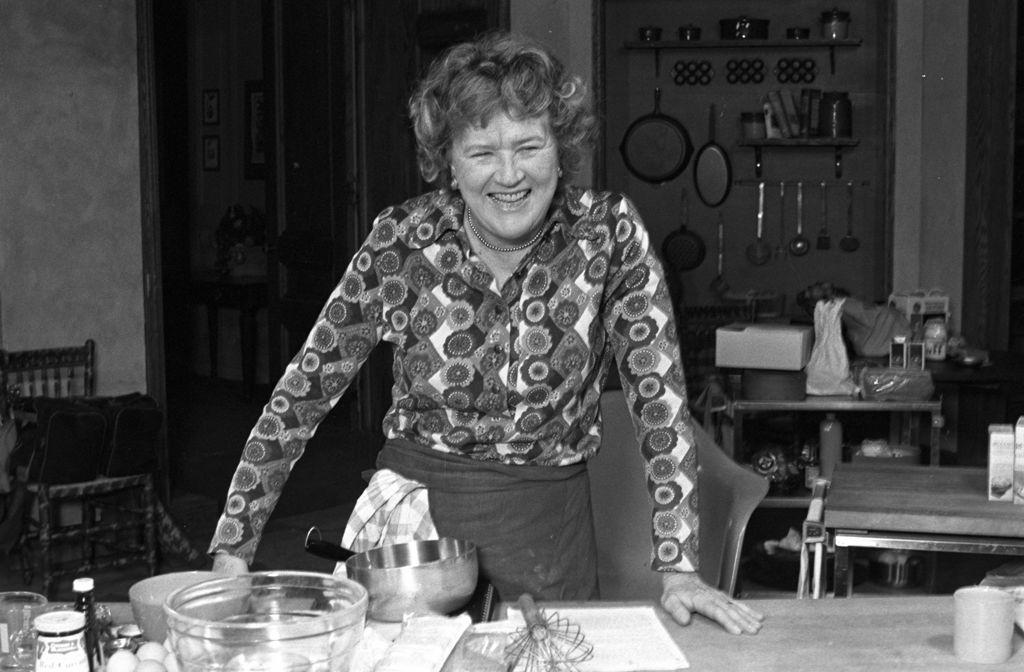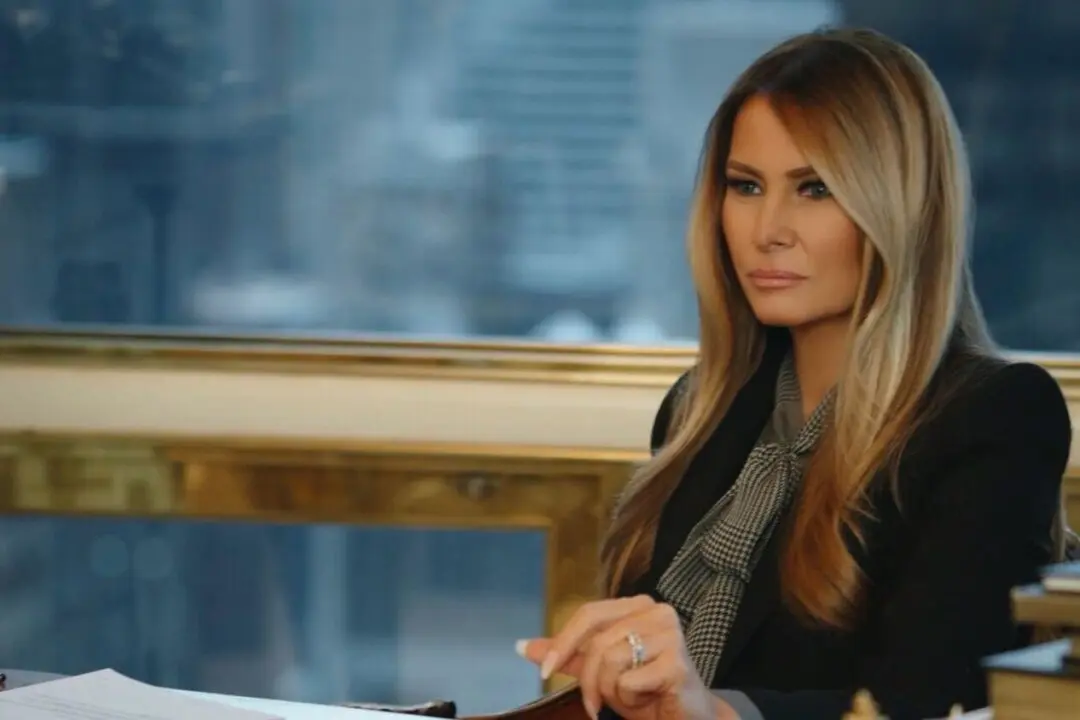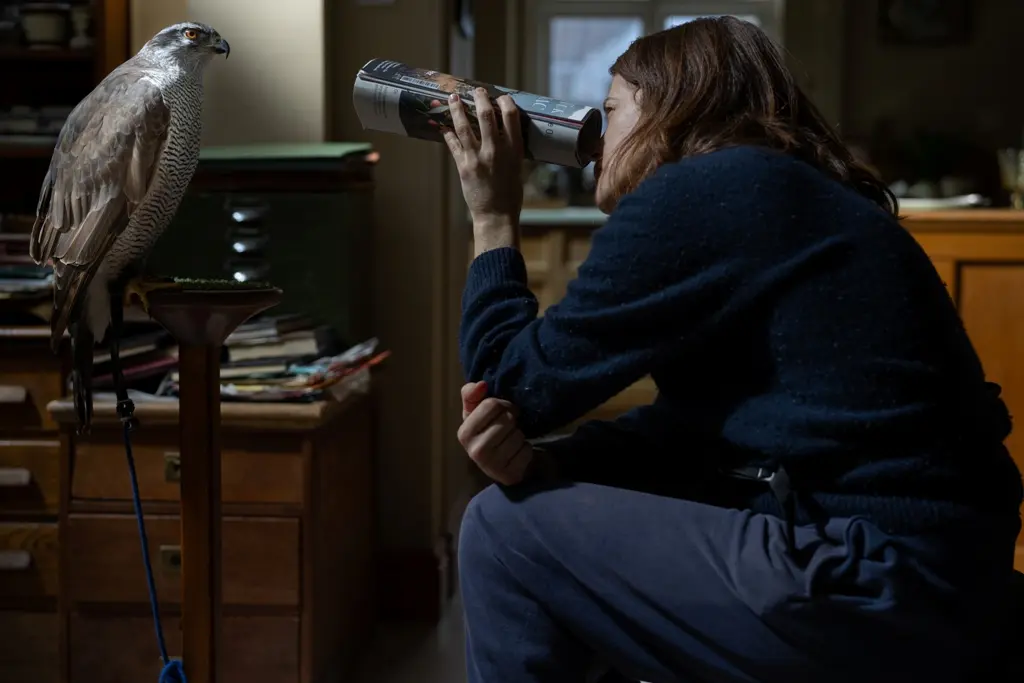PG-13 | 1h 35min | Biography, Documentary | 12 November 2021 (USA)
Although not the first non-fiction U.S. TV show about cooking (“Sunday Evening Supper” in 1940 preceded it), the PBS-produced “The French Chef” (1963–1973) was the first program of its kind to be hosted by a woman. She was Julia Child, and it would be safe to declare that she was the pioneer of an entire genre of programming that has yet to reach critical mass in terms of overall viewership and numbers of shows. There are multiple stations dedicated solely to cooking and all of them owe their very existence to her.






